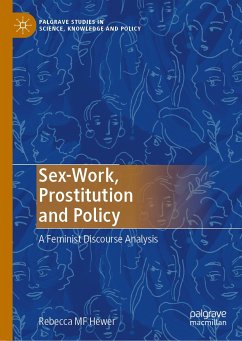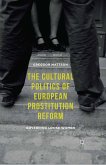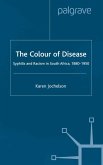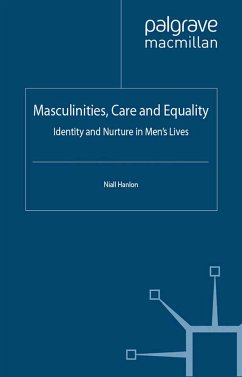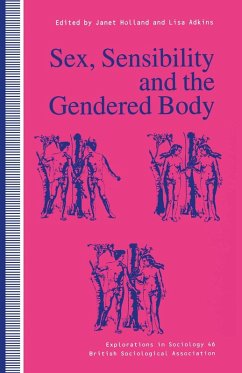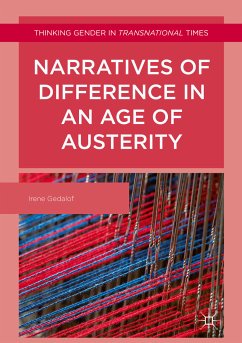The topic of sex-work/prostitution has long generated contentious debate, particularly within the broad church of feminism. This antagonism is reflected in UK policy debates, which are further complicated by their enactment in spaces of neoliberal hegemony.
This book analyses the plurality of narratives which contribute to Westminster sex-work/prostitution policy debates and subsequently seeks to situate them within the social and political conditions of their production. Hewer illustrates that contemporary sex-work/prostitution debates are constituted through a complex entanglement of ideologically hybrid perspectives, which variously challenge and ingrain extant relations of power. Moreover, by drawing on a range of feminist and other critical social theories, Hewer offers a way to think differently about both sex-work/prostitution debates and sex-work/prostitution itself.
The book will be a valuable resource for researchers andstudents from across the social sciences with an interest in the language used to talk about sex-work and prostitution in policy debates.
Rebecca MF Hewer is a Chancellor's Fellow in Sociology in the School of Social and Political Science, University of Edinburgh, UK. Her research explores the socio-legal regulation of (women's) bodies, policy, the politics of knowledge production, and discourse.
Dieser Download kann aus rechtlichen Gründen nur mit Rechnungsadresse in A, B, BG, CY, CZ, D, DK, EW, E, FIN, F, GR, HR, H, IRL, I, LT, L, LR, M, NL, PL, P, R, S, SLO, SK ausgeliefert werden.

